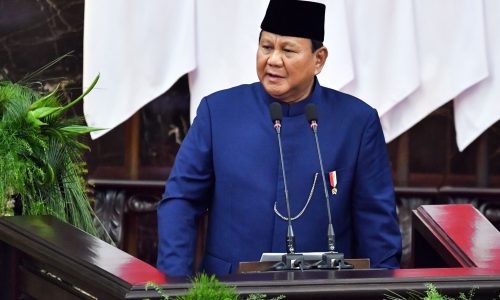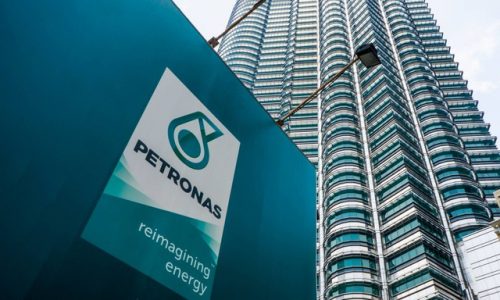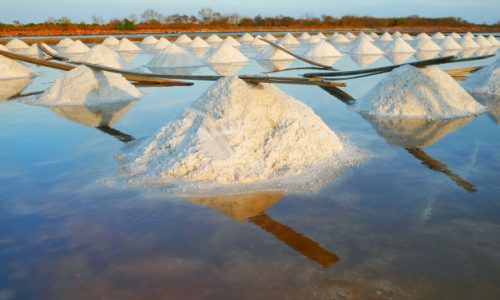The Association of Indonesian Automotive Industries (Gaikindo) has announced that four Indonesian automotive manufacturers are eyeing the South American market, particularly highlighting their competitive edge over U.S. made vehicles.
Kukuh Kumara, Secretary-General of Gaikindo, identified Hyundai, Honda, and Toyota as three of the four automakers aiming to penetrate the Mexican market. Mexico is the second-largest export destination after the Philippines, which saw exports of 56,483 units last year.
“Mexico’s market is larger than Indonesia’s, with nearly two million units per year. They have recently realized that Indonesian-made vehicles are more economical compared to those from the United States, which presents a significant opportunity,” Kukuh said on Wednesday, July 10, 2024.
He noted that the models exported to Mexico are primarily multi-purpose vehicles (MPVs), indicating a market preference similar to Indonesia’s for family-oriented vehicles.
In addition, Kukuh highlighted the potential for South America as an export destination for local automotive components. Several South American countries are developing biofuel-based ethanol vehicles, creating demand for Indonesian-manufactured engines.
“They import car engines from Indonesia, which is an attractive prospect for the South American market. Thus, the Latin American market should not be underestimated, as long shipping distances are not a significant issue for them,” he said.
Export, domestic sales decline
Gaikindo reported a 12.72 percent year-on-year decline in the volume of complete car exports for the January-May 2024 period, totaling 179.764 units. Meanwhile, the volume of assembled car exports dropped by 30.06 percent to 17,191 units.
Domestic car sales also showed a consistent year-on-year decline during the first half of the year. PT Astra International recorded an overall sales drop of 19 percent, totaling 408,012 units.
Putu Juli Ardika, Acting Director General of Metal, Machinery, Transportation Equipment, and Electronics Industries at the Ministry of Industry, attributed the decline in car sales to the widening gap between consumer purchasing power and car prices. Consequently, the trend of increasing used car purchases that began last year has continued.
Used car market growth
According to Ministry of Industry data, total used car sales were 500,000 units or 29.27 percent of total car sales in 2014. This figure surged to 1.4 million units or 58.18 percent of total sales last year.
“Why haven’t car sales increased in the first half of 2024? The main reason is the widening gap between consumer purchasing power and car prices,” Putu said.
Putu elaborated that the average car price has risen by 20.96 percent over the past decade to Rp255 million (US$15,741) in 2023. During the same period, annual household income increased by 31.57 percent to Rp225 million.
However, the gap between household income and car prices has widened from Rp15 million in 2013 to Rp30 million last year.
This ongoing disparity has led consumers to opt for more affordable used cars, sustaining their purchasing trend in the current economic climate.









